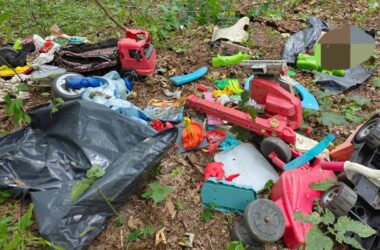On October 1, Poland marked the official start of its bottle deposit scheme as stores begin piloting automated return machines and preparing for a nationwide rollout.
System Launch Date
October 1 is the formal start of the deposit system, coinciding with a transition period during which shops are tested for compliance. The date signals the beginning of gradual collection of new deposit‑labelled packages.
Store Participation and Obligations
Stores larger than 200 m² are required to accept returned bottles; smaller outlets may join voluntarily. Retailers can collect returns manually or through drop‑boxes, and manufacturers claim even the smallest kiosks can be used by small shops.
Automated Return Machines
While large supermarkets are ready to accept returns, many smaller ones lack return kiosks. In one instance, a kiosk accepted a plastic bottle that had no deposit, due to a promotional program rewarding 10 gr per returned plastic bottle.
New vs. Old Packings on Shelves
Currently, no shelf stocks have deposit‑labelled packaging. Old bottles and cans will disappear gradually as they are withdrawn, while new, deposit‑paying items will appear on shelves in the coming months.
Promotion vs. Official System
Consumers receive cash for returning bottles in the official system; kiosks issuing coupons can only be redeemed in the store where the return occurred. Promotional returns are handled separately and cannot replace the official deposit payouts.
Transition Period Expectations
The Ministry of Climate and Environment confirms that a transition phase is unavoidable, citing Lithuania’s two‑year period to reach 90 % collection before a full roll‑out was considered normal.
Attempts to Circumvent the System
Some retailers are advertising a 3.001 l bottle that exceeds the 3 l limit for the new system, noting it is not subject to deposit. Producers could shift to non‑deposit containers, but most drinks are still sold in deposit‑eligible bottles.










